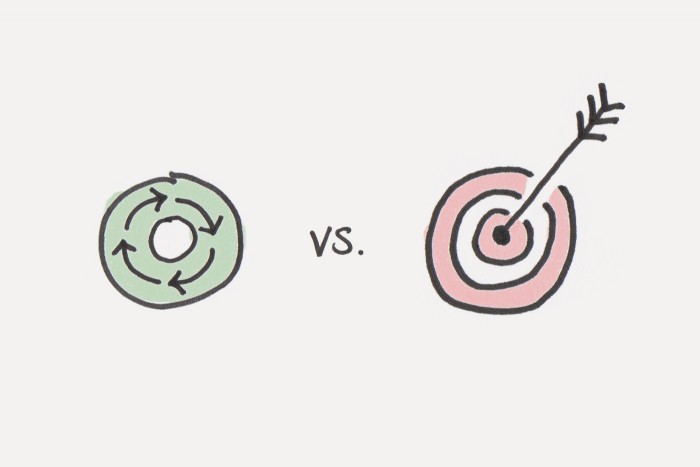James Clear’s book Atomic Habits has been recommended to me by a few people, so I have it down on my reading list. One quote I heard Brene Brown recollect yesterday was this gem:
“You do not rise to the level of your goals. You fall to the level of your systems.
I’ve been thinking about this a lot in the context of my work, both personal and professional. The last few months have felt incredibly challenging on all fronts. The one thing I have missed about my daily work commute (& not the commute itself) was the space to think slowly and act deliberately. With my desk becoming the place for work and pleasure and reading and writing, the only thing that I’ve (not always regularly) done to compensate for that time has been my walk.
[I did do two walks today but forgot to take a picture so here’s another one from yesterday of angry looking skies]
Listening to BB refer to Clear’s quote reminded me – again – that my list fluctuates between things to set up a system and tasks to complete in pursuit of the goal. I tell my 10 year old all the time, you can’t work on more than one thing at once, and it’s advice I should follow myself.
This image on James Clear’s site simply, elegantly, nails my problem. 
Some of my habits served me well in a past life. These habits take time from my day and they now seem like a unsurmountable wall between what I am doing and what I really want to do.
Appearances are deceptive. Building a system that lifts the level of my ‘default performance’ is what this 100 days exercise is really about: committing to, and deliberately, consistently building (or renovating) my own system to adapt to the world I’m now in.